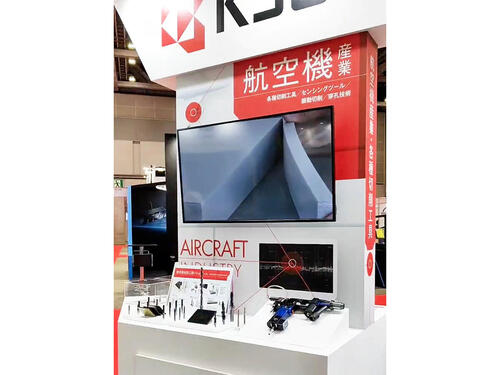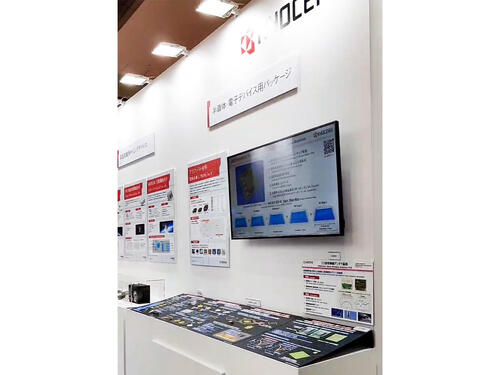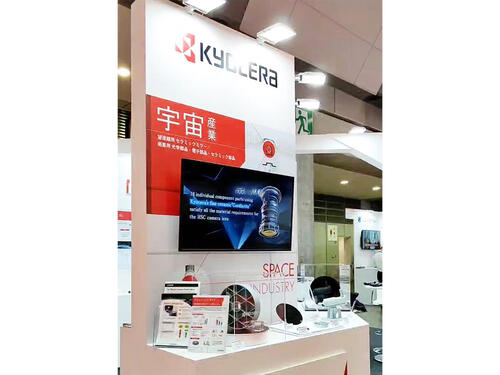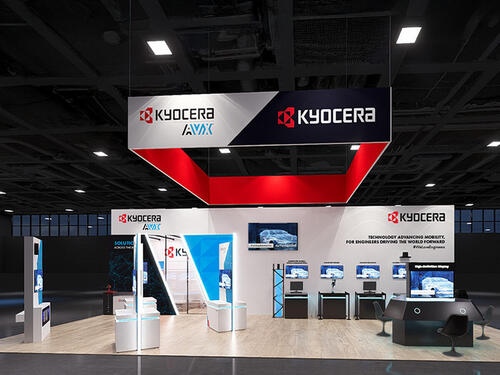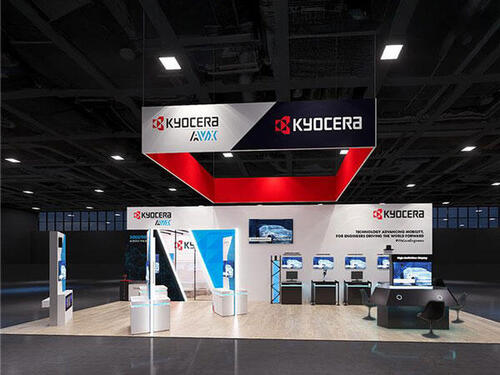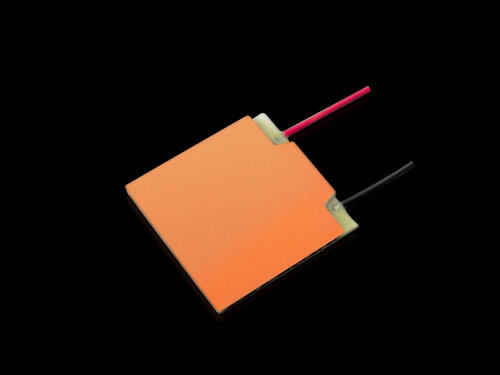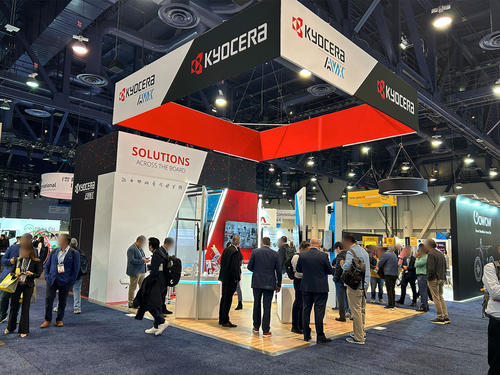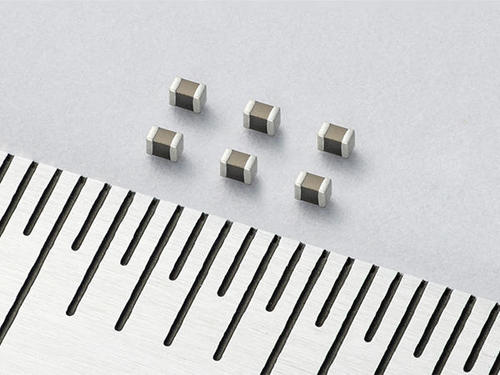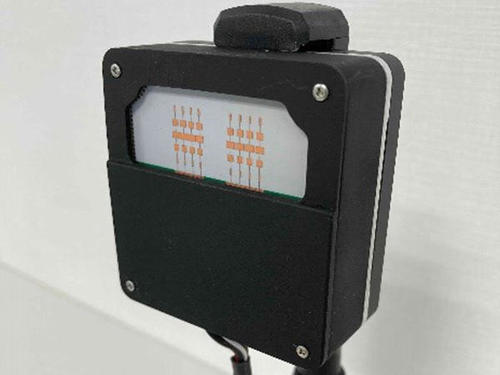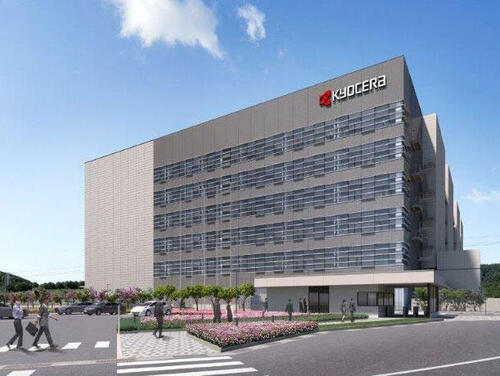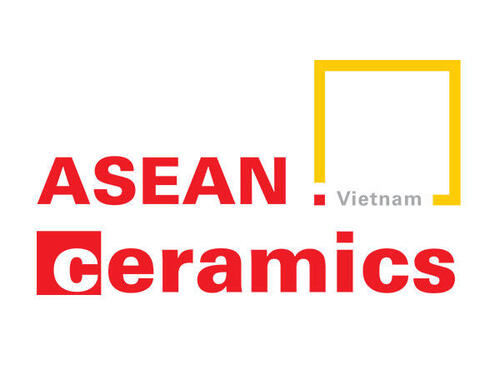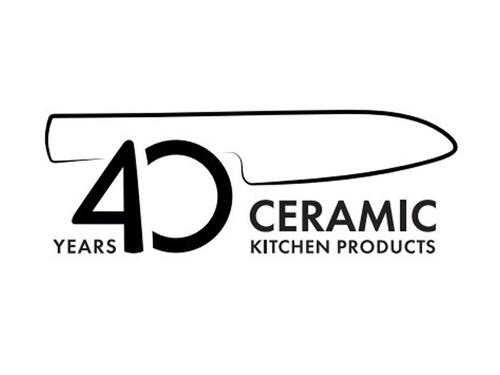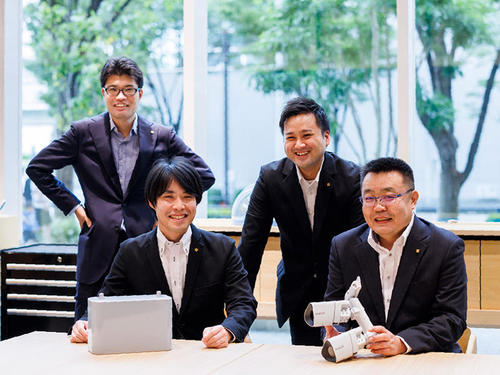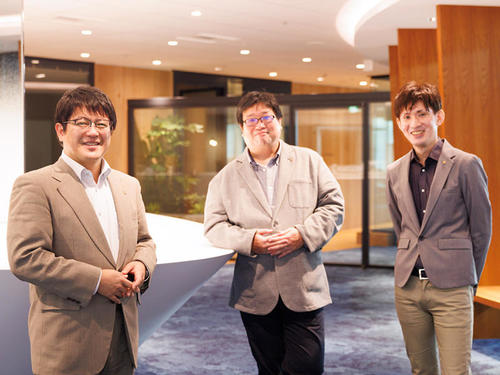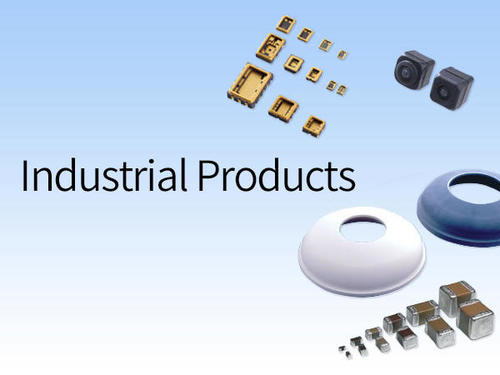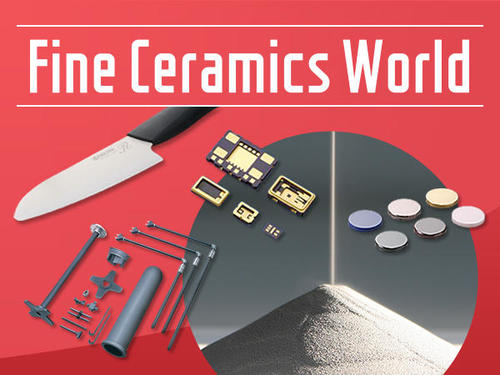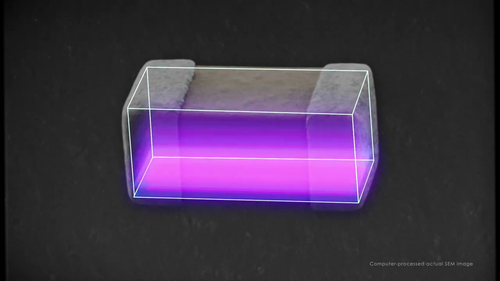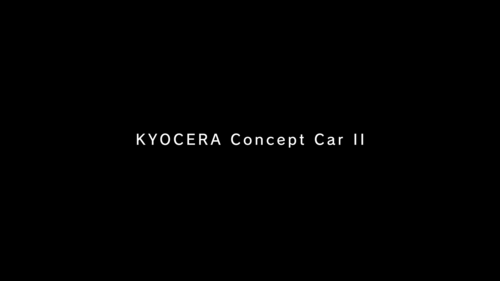Timing devices that generate stable frequencies at regular intervals are essential for the control and operation of electronic circuits. Driven in part by widespread adoption of IoT and wearable devices, as well as the acceleration of ADAS and EV technologies, the timing device market is expected to expand to 4.5 billion U.S. dollars by around 2030. Because demand is rising rapidly for timing devices that are smaller, lower-profile, higher-frequency, and superior with regard to temperature resistance, silicon MEMS resonators that meet these requirements will become widely used.
Kyocera will begin mass producing high-value-added silicon MEMS resonators in 2021, and will continue its technological development to address demand for further miniaturization, lower profile, and higher frequency, thereby advancing the field of high-added-value timing devices.
General Specifications and Production Facility
| External dimensions | 1.0 x 0.8 mm |
|---|---|
| Frequency | 24 MHz and others |
| ESR | 60 ohm or less |
| Operation temperature range | -40℃ to 150 ℃ |
| Frequency temperature coefficient | +/- 25ppm |
| Production facility | Yamagata Higashine Plant |
Main Features
1. Outstanding Frequency Temperature Coefficient
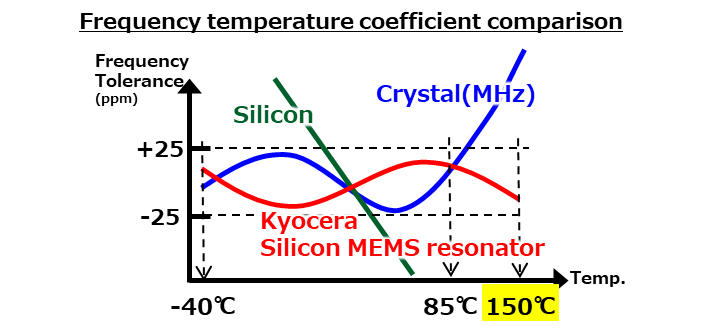
2. Miniaturization
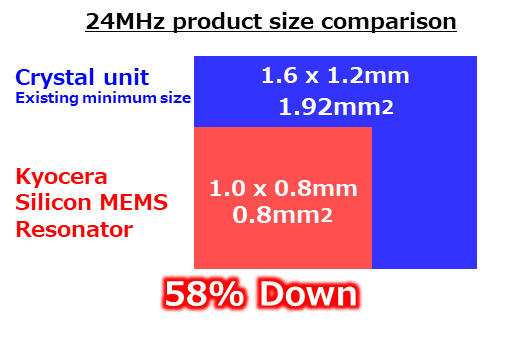
*1 Low equivalent series resistance (ESR) makes it easier to generate a stable clock signal.





